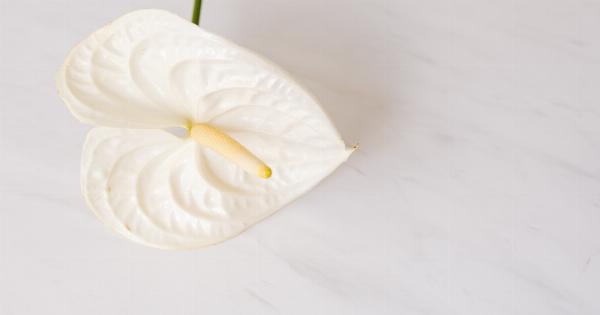When it comes to natural remedies that can boost our health, turmeric (Curcuma longa) is definitely worth mentioning.
This bright yellow spice has been used in traditional medicine for centuries, prized for its anti-inflammatory, antioxidant, and antimicrobial properties.
Many of turmeric’s health benefits are attributed to its active ingredient, curcumin. Studies suggest that curcumin may help curb chronic inflammation, a process that contributes to arthritis, heart disease, cancer, and other conditions.
Anti-Inflammatory Benefits of Turmeric
Inflammation is a natural response of the immune system that helps protect us from infections and injury. However, chronic inflammation can harm the body and increase the risk of various diseases.
Curcumin appears to inhibit the production of pro-inflammatory molecules in the body, such as tumor necrosis factor-alpha (TNF-alpha), interleukin-1 beta (IL-1beta), and cyclooxygenase-2 (COX-2).
This makes it a potent anti-inflammatory agent that may alleviate symptoms of inflammation-related conditions like:.
- Arthritis and joint pain
- Digestive disorders (e.g., irritable bowel syndrome, ulcerative colitis)
- Respiratory disorders (e.g., asthma, bronchitis)
- Neurological disorders (e.g., Alzheimer’s disease, Parkinson’s disease)
Moreover, curcumin may boost the activity of the body’s antioxidant enzymes, such as catalase, glutathione peroxidase, and superoxide dismutase, which help neutralize free radicals that can damage cells and DNA.
Blood Sugar Regulating Benefits of Turmeric
Another promising benefit of turmeric is its potential to regulate blood sugar levels.
Curcumin is believed to improve insulin sensitivity, which means the body’s cells become better at using glucose (blood sugar) for energy and the pancreas doesn’t have to produce as much insulin to keep the blood sugar in check.
In a randomized controlled trial, 240 people with type 2 diabetes were given either 3000 mg of curcumin or a placebo for three months.
The curcumin group experienced a significant reduction in fasting blood glucose levels and hemoglobin A1c, a measure of long-term blood sugar control.
While further studies are needed to confirm these findings and determine the optimal dosage, turmeric may be a valuable addition to the diet for those with diabetes or prediabetes.
Bone Protective Benefits of Turmeric
As we age, our bones lose density and become more prone to fractures and osteoporosis. Fortunately, turmeric may help improve bone health and reduce the risk of bone loss.
Animal studies suggest that curcumin may enhance the formation of new bone tissue and improve bone strength.
A recent review of clinical trials also found that curcumin supplementation may increase bone mineral density in postmenopausal women with osteoporosis.
In addition, curcumin may help reduce inflammation in the joints and alleviate pain and stiffness, which can improve mobility and quality of life for those with osteoarthritis.
How to Use Turmeric
Turmeric is widely available in many forms, including fresh, dried, powdered, and as a supplement.
The spice is commonly used in Indian, Middle Eastern, and Southeast Asian cuisine, adding a warm, earthy flavor and vibrant color to dishes like curries, soups, and rice dishes.
When using fresh turmeric, peel the outer skin and grate or chop it for use in recipes. Dried turmeric can be added directly to dishes or used to make turmeric tea.
Turmeric supplements typically contain higher concentrations of curcumin and are often used for medicinal purposes.
While turmeric is considered safe for most people, it can interact with certain medications and cause side effects in high doses.
Consult with a healthcare provider before using turmeric supplements for medicinal purposes, especially if you have a medical condition or are taking prescription drugs.
Conclusion
Turmeric is a versatile and powerful herb that may help reduce inflammation, regulate blood sugar levels, and protect bones.
With its anti-inflammatory and antioxidant properties, curcumin has the potential to prevent and treat various chronic diseases, making it a valuable addition to a healthy diet and lifestyle.






























